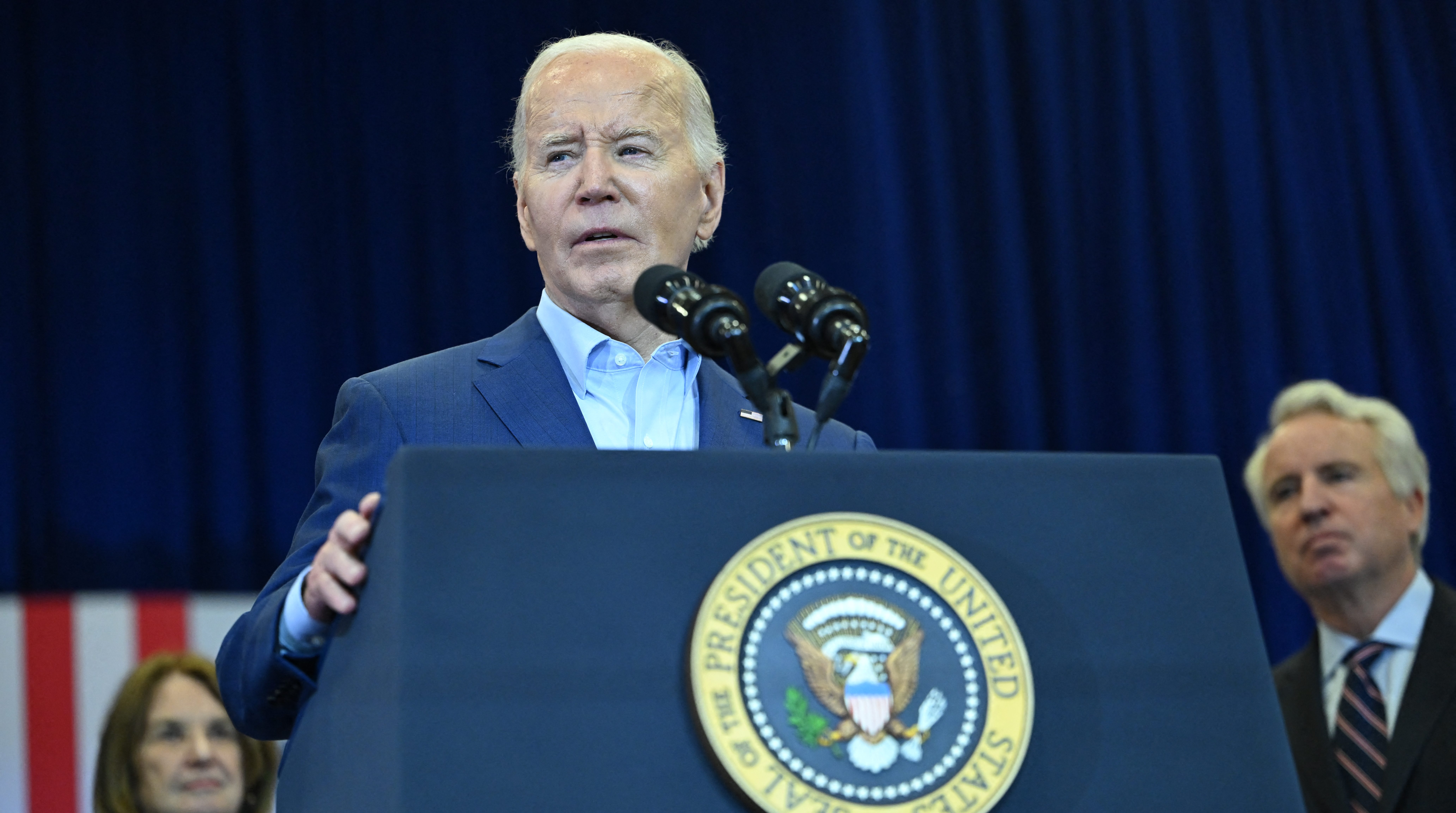Ninety days into the 83rd Legislature, lawmakers are working quickly and with little rancor, but with 50 days remaining there is still plenty of time for hot-button issues.
This session's spirit of bipartisanship was apparent last week when Republicans and Democrats in the House joined together to block public school vouchers for private school tuition, and both sides agreed to withdraw their amendments to micromanage women's health programs. Earlier this session, Democrats joined the Republican majority with near unanimity in both chambers to approve a new state water fund.
Both the Texas Senate and the House of Representatives have passed their versions of the state budget, the only piece of legislation they really have to pass, a full 30 days earlier than in 2011.
So far, House Speaker Joe Straus and Lt. Gov. David Dewhurst have tamped down the biennial culture war at the Legislature in favor of focusing on essential government responsibilities, such as education, public safety, justice and regulation. A healthy revenue forecast also means lawmakers don't have to fight about trimming the budget.
But lurking in the committees are a number of measures on guns, abortion and sex education that could bring back the bitter partisanship that marked the last time lawmakers came to Austin. How fiercely those battles are fought will signal whether the extreme conservative wing of the party, personified by tea party activists, will continue to dictate the GOP agenda in Texas.
Texas is one of a handful of states where lawmakers are responding to the Connecticut school shooting by expanding access to guns and where people can carry them. Bills to reduce the training requirement for a concealed handgun license and to allow guns in more schools and sporting events have passed out of committee and may soon find their way to a floor vote. Since many Texas Democrats support gun rights, these measures will likely pass, but not without spirited resistance.
Republican lawmakers have an array of anti-abortion bills that will likely lead to pronounced battles. Among the proposals are a ban on abortions after 20 weeks, extraordinary equipment requirements for abortion clinics and highly restrictive rules for prescribing abortion-inducing pills.
Politics
Politics from around the world.
This is where average Republicans will try to demonstrate their bona fides to social conservatives. The anti-abortion lobby is among the most powerful at the Texas Legislature and they issue widely read scorecards. Defending abortion rights is equally important to Democrats, who will do their best to paint the measures as affronts to women's rights.
Conservatives have long made attacks on Planned Parenthood part of their stock speeches, but a new twist this session is an attempt to ban Planned Parenthood materials from sex education classes in public schools. Contraception has always been a far greater part of Planned Parenthood's mission than abortion, but now conservatives have introduced legislation to eliminate Planned Parenthood from having any influence at all, part of a national conservative goal to destroy the group.
Republican leaders will have to decide how to balance the need to appease the rightwing of their party, while not allowing it to go so far that they alienate middle-of-the-road voters. As politicians look to the 2014 primary, they are trying to figure out whether it will be another 2010, where the tea party trounced moderates, or whether it will be more like 2012, when many Republicans self-destructed in the general election by moving too far to the right.
One indicator of the tea party's strength was apparent in the votes last week over how the state should spend its money. Tea party legislators proposed dozens of amendments to cut funding for arts, cultural and incentive programs in order to spend the money elsewhere. Those measures lost consistently with fewer than 30 supporters out of 95 Republicans in the House.
The legislative session may be where lawmakers do their jobs, but it's also where they lay the groundwork for the next election. So far, the Republican majority has focused on doing the necessary rather than the attention-getting.
The question is whether getting the hard work done in the first 90 days will lead to greater bipartisanship for the last 50 days, or does it clear the way for the real fighting to begin?



